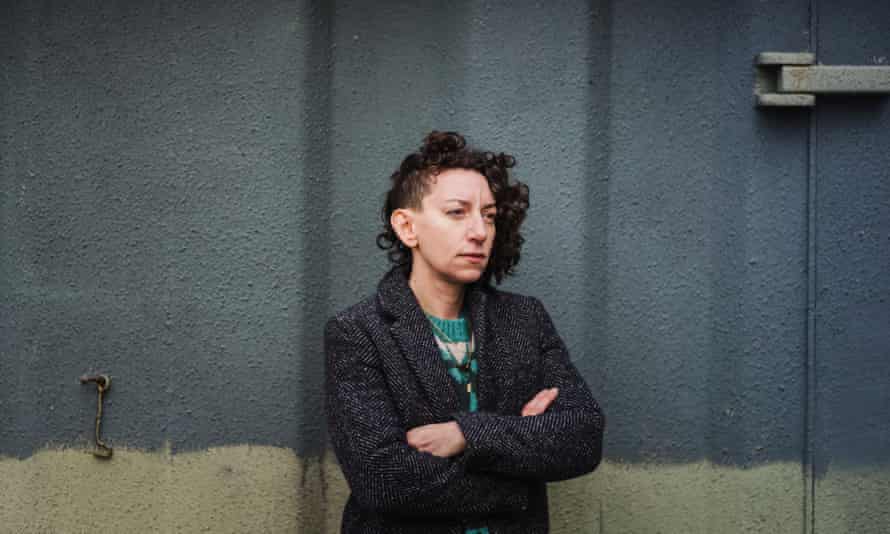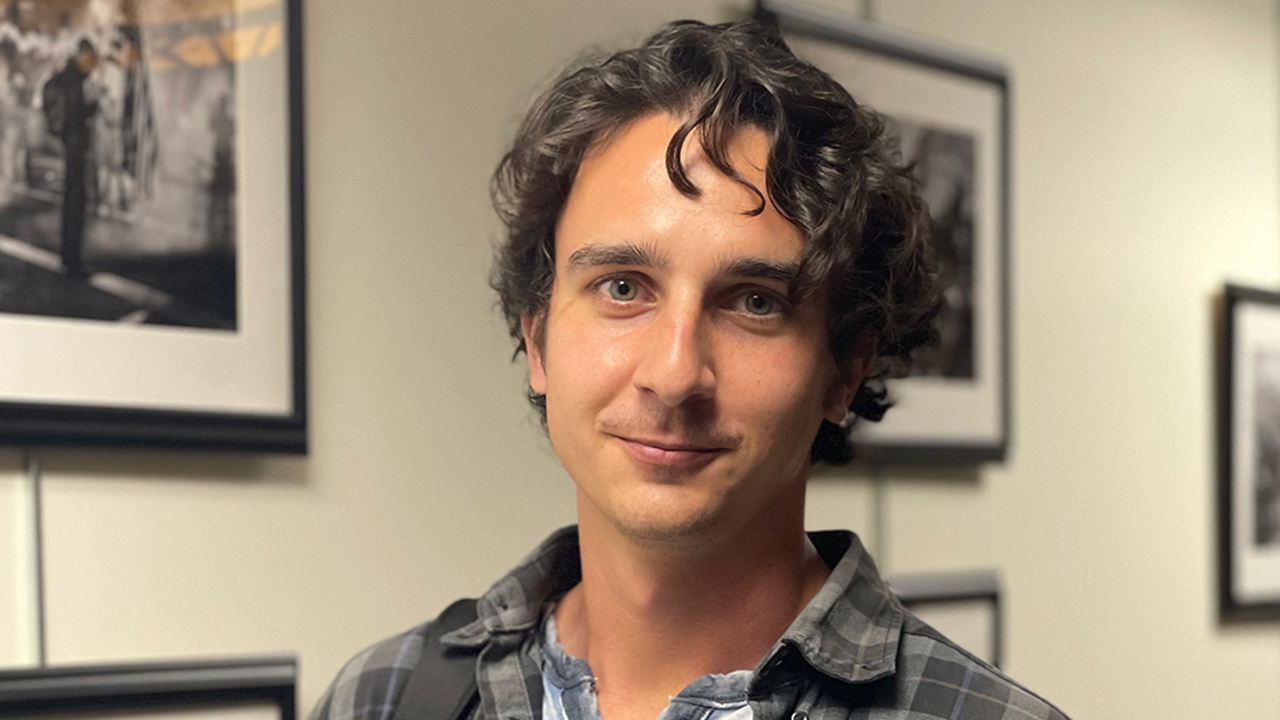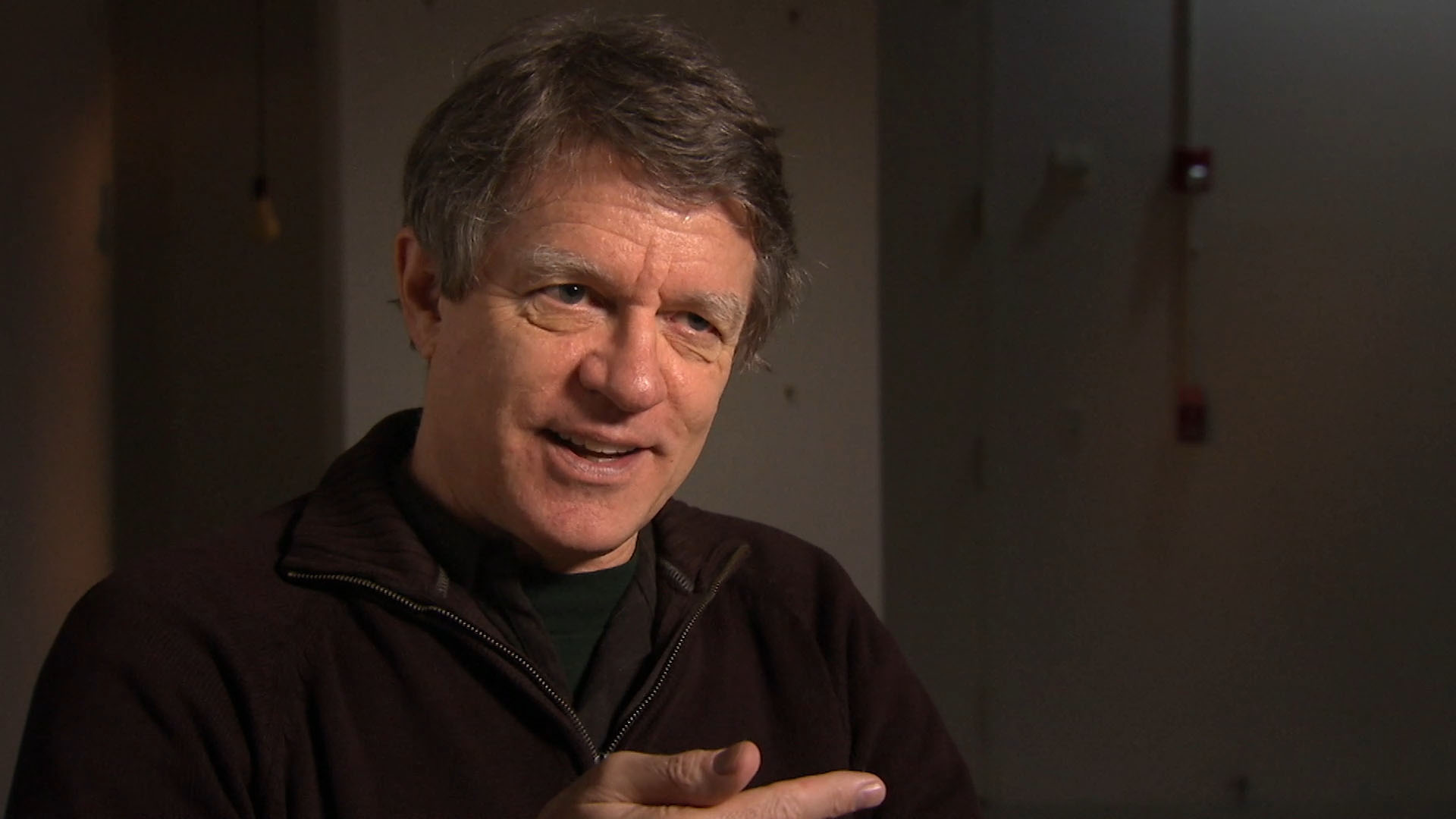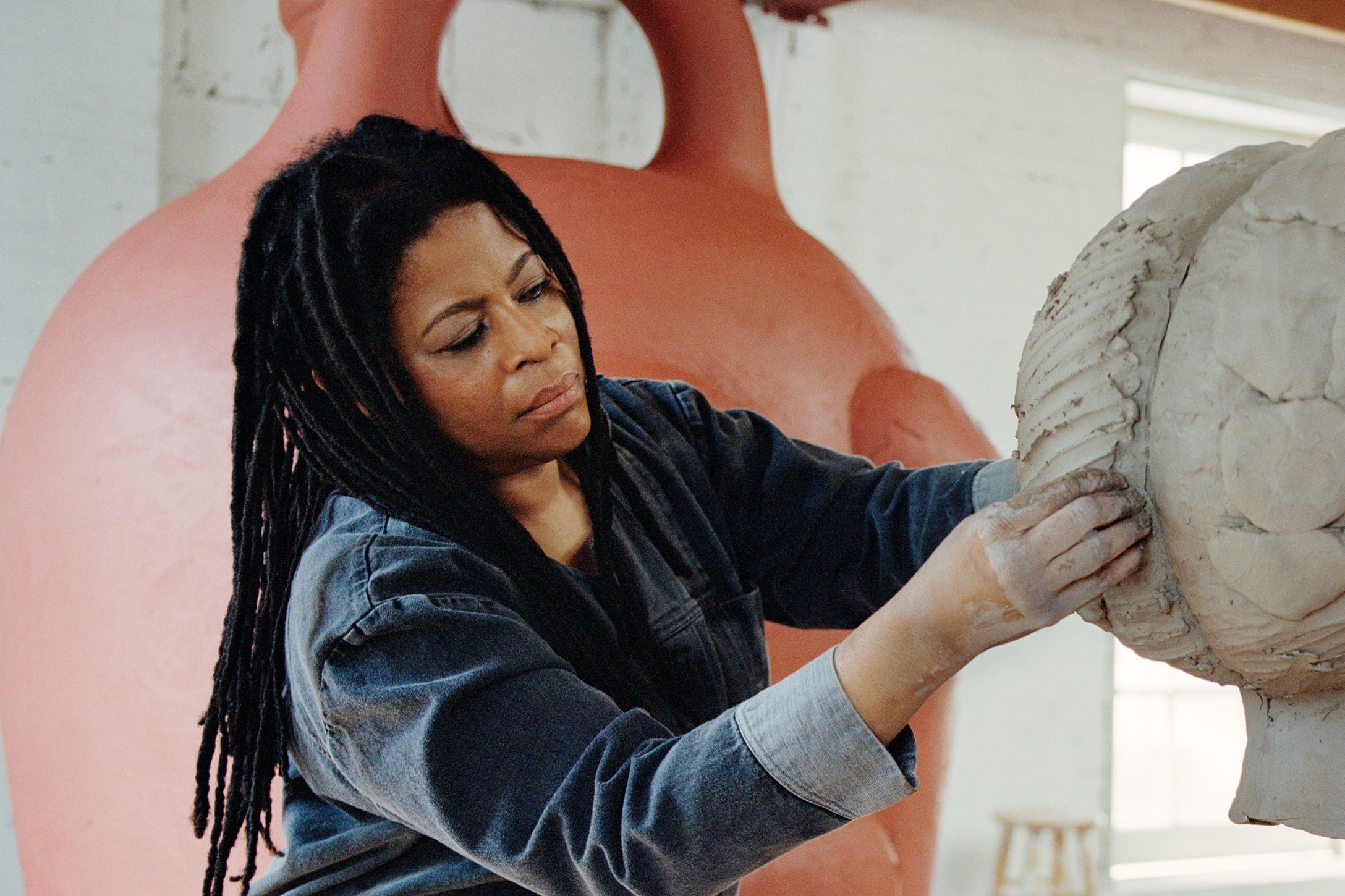
Artist to weld copy of Dachau gate in Leeds performance piece | Performance art
A replica of the entrance gate to the Dachau Nazi concentration camp is to be recreated over three days in Leeds for an art project asking questions about what memorials are for and who has the right to make them.
Dachau was constructed a few miles from Munich in 1933. During the war it became a death camp where more than 41,000 people were murdered before US troops liberated it on 29 April 1945.
Its iron gate bearing the words “Arbeit macht frei” (work will set you free) was stolen in 2014, which led to a local blacksmith making an exact replica.
The artist Rachel Mars, who has learned to weld, will be making a replica of that replica when she arrives in Leeds in March.
Visitors to the project will enter a big empty warehouse space and be given a welding helmet to watch Mars construct the gate as accurately as she can.
Mars’ grandparents arrived in Britain in August 1939. She grew up hearing stories from her grandmother.

“I’ve been thinking about sites where traumatic historical things happen for a long time … perhaps ever,” she said.
As a Jew, she said, there was always the decision on whether to visit Holocaust history sites. “Are you going to do the Auschwitz tour? I’ve decided not to because I sort of feel it’s at my dinner table and breakfast table so I don’t need to go, but it’s an ongoing question.”
A number of things set Mars off on the Dachau gate project, including David Cameron’s announcement of a UK Holocaust memorial in 2016, at the same time his government was embroiled in a controversy about allowing child refugees into the country.
“I do have questions about a nationally commissioned memorial,” said Mars. “What that means for a country to take on the narrative and shape it themselves?
“I think there is a spin that the UK does on its Holocaust past, that it is only the good guy. In some ways they are the good guy – my grandparents ended up here. But the reasons we have the Kindertransport is because they weren’t allowing the adults in.
“I have questions about how much this memorial will take responsibility for the UK’s ongoing fuck-up with regards to letting immigrants in.”
Mars said the theft of the gate, which turned up in Bergen, Norway two years later, raised questions about the market that exists for Holocaust memorabilia. “How much memory is trapped in these kind of objects?”
All of these questions will be addressed in Mars’ performance piece, titled Forge, taking place in a new experimental space in Leeds called Testbed, described as 10,000 sq ft (930 sq metres) of “blank canvas” for artists.
Learning to weld had been a pleasurable experience, she said. “Welding is quite meditative. It is really peaceful. The thing it’s most similar to what I’ve done before is archery. It takes a lot of preparation for tiny moments of work. It’s incredibly focused, you can’t think about anything else.”
Mars said it was easy to weld badly, which increased the pressure on her. “I want to do it as well as I can but I’m not a professional so I expect it will be slightly wonky and that is interesting to me. It can only be as good as I can do it.”
Forge has been commissioned as part of the Leeds international performance festival, Transform.
Once the gate is made, Mars plans to grind down the weld and make the component parts into a gate at future performances. “For me that says something about the act of repeating memory.” Further down the line she hopes to melt it down and make the gate into something useful. “That’s the horizon plan,” she said. “Potentially spoons.”





